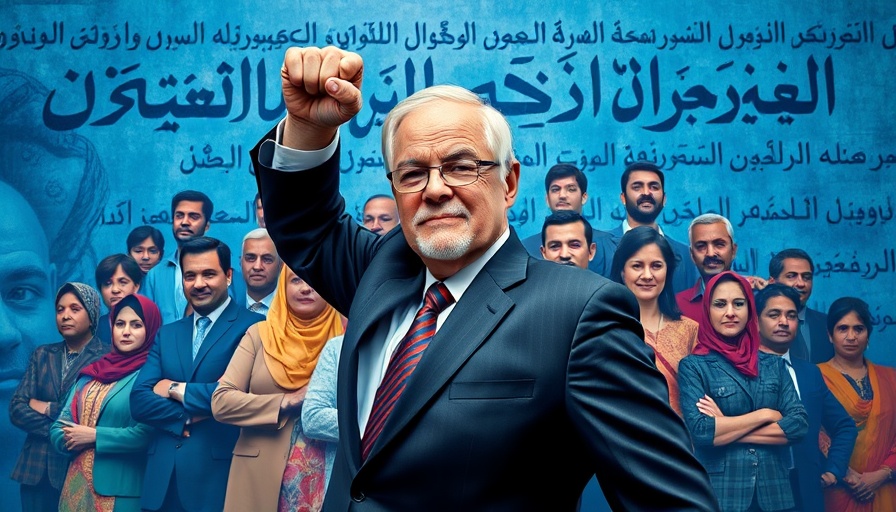
Understanding Trump's Middle East Strategy: What Democrats Can Learn
The ever-evolving political landscape in the United States often leads to significant lessons emerging from various administrations. One of the most notable recent administrations was that of Donald Trump, particularly regarding his approach to the Middle East. As Democrats look to redefine their foreign policy and potentially face a competitive electoral season, there could be valuable insights to gain from Trump's strategies.
Trump's Unconventional Tactics
Unlike traditional foreign policy approaches, Trump's method leaned heavily on personal diplomacy and leveraging economic incentives. For instance, the normalization agreements with Israel and several Arab states, often referred to as the Abraham Accords, showcased a shift from long-standing grievances to a more pragmatic, transactional form of diplomacy. Democrats could consider adopting elements of this strategy, focusing on measurable outcomes rather than mere dialogue.
Business and Economic Implications
In addition to Trump’s diplomatic achievements, his commitment to reducing military involvement and fostering business deals could provide a fresh lens for Democrat policies. By prioritizing economic partnerships in the Middle East, Democrats can emphasize the benefits of enhancing trade relationships and investments, which could lead to further stability in a historically volatile region.
Internal Party Dynamics and Communication
Another lesson from Trump's approach is the importance of clear messaging and unity within a party. Trump’s ability to galvanize a diverse Republican base around specific themes, especially regarding the economy and immigration, demonstrates how driven narratives can unify support. Democrats might benefit from a cohesive strategy that appeals to various factions while also aligning with progressive goals, ensuring that messages resonate with constituents across the spectrum.
Lessons in International Relations and Trade
Moreover, as industries grow and shift, the focus on business relations with key geopolitical players has increased relevance. For instance, recent enterprise categorizations emphasize the intersection of tech businesses with foreign relations. Understanding how to leverage alliances with industries in the Silicon Valley startup ecosystem could help position Democrats strategically, thus elevating their influence and a pro-business image on the global stage.
The Importance of Adaptability in Leadership
Political leadership requires adaptability to shifting landscapes. Trump’s presidency exhibited an agile response to external pressures and public opinion, which Democrats could learn from. In times of crisis or uncertainty, demonstrating flexibility and willingness to adjust plans can foster trust and engagement among the electorate.
Sustainability and Corporate Responsibility
Emphasizing sustainability and corporate social responsibility can resonate well with the progressive base of the party. With a focus on climate change and ethical practices becoming even more paramount, aligning party policies to address these challenges while exploring business innovations can create an appealing package for voters who prioritize responsible governance.
Future Predictions: Riding the Waves of Change
As the political world mobilizes for upcoming elections, understanding these lessons from Trump’s administration may provide Democrats with greater tools to engage effectively with both issues at home and foreign affiliations. Predictive trends suggest that businesses embedded in sustainability efforts will rise, and voters will prioritize those who align with forward-thinking and economically beneficial policies.
Engaging in a dialogue about these strategies can prepare the Democratic Party for a more cohesive and effective political strategy as they head into the future.
 Add Row
Add Row  Add
Add 



Write A Comment